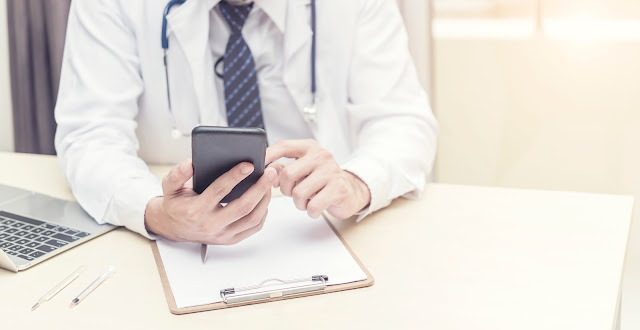- Vinod Kumar
NIMHANS provided psychosocial support and training through (iGOT)-Diksha platform
The “Global prevalence and burden of depressive and anxiety disorders in 204 countries and territories in 2020 due to the COVID-19 pandemic” study, published has estimated an increase in the prevalence of anxiety and depression in India during the COVID-19 pandemic.
According a government press release, realizing the impact that COVID-19 may have on the mental health of the people, the Government has taken a number of initiatives, including -
Setting up of a 24/7 helpline to provide psychosocial support, by mental health professionals, to the entire affected population, divided into different target groups viz children, adult, elderly, women and healthcare workers.
Issuance of guidelines/ advisories on management of mental health issues, catering to different segments of the society.
Advocacy through various media platforms in the form of creative and audio-visual materials on managing stress and anxiety, and promoting an environment of support and care for all.
Issuance and dissemination of detailed guidelines by the National Institute of Mental Health and Neurosciences (NIMHANS), Bengaluru- "Mental Health in the times of COVID-19 Pandemic - Guidance for General Medical and Specialized Mental Health Care Settings".
All the guidelines, advisories and advocacy material can be accessed on Ministry of Health and Family Welfare website under “Behavioural Health – Psychosocial helpline”
Online capacity building of health workers by NIMHANS in providing psychosocial support and training through (iGOT)-Diksha platform.
Further, for providing affordable and accessible mental healthcare facilities to the population, including the poor and underprivileged, the Government is implementing the National Mental Health Programme (NMHP) in the country.
The District Mental Health Programme (DMHP) component of the NMHP has been sanctioned for implementation in 716 districts for which support is provided to States/UTs through the National Health Mission. Facilities made available under DMHP at the Community Health Centre (CHC) and Primary Health Centre (PHC) levels, include outpatient services, assessment, counselling/ psycho-social interventions, continuing care and support to persons with severe mental disorders, drugs, outreach services, ambulance services etc.
In addition to the above, the Government is also taking steps to strengthen mental healthcare services at primary healthcare level. Mental health services have been added in the package of services under Comprehensive Primary Health Care under Ayushman Bharat – HWC Scheme. Operational guidelines on Mental, Neurological, and substance use disorders (MNS) at Health and Wellness Centres (HWC) have been released under the ambit of Ayushman Bharat.
Besides the above, the Government has launched a “National Tele Mental Health Programme” on 10th October, 2022, to further improve access to quality mental health counselling and care services in the country. As on 09.03.2023, 25 States/ UTs have set up 36 Tele MANAS Cells and have started mental health services. 63806 calls have been handled on the helpline number.
Under District Mental Health Programme, fund of Rs. 159.75 Crore have been approved for States/UTs under National Health Mission for the year 2022-23. Under the Tertiary care component of National Mental Health Programme, 25 Centres of Excellence and 47 PG Departments have been sanctioned to increase the intake of students in PG departments in mental health specialities as well as to provide tertiary level treatment facilities. For this scheme Rs. 35 Crore have been allocated for the year 2022-23.
Funds allocated for the year 2022-23 to 03 (three) Mental Health Institutions, namely, National Institute of Mental Health and Neuro Sciences (NIMHANS), Bengaluru, Lokopriya Gopinath Bordoloi Regional Institute of Mental Health (LGBRIMH), Tezpur, Assam, and Central Institute of Psychiatry (CIP), Ranchi, under the administrative control of the Central Government are as under.





















